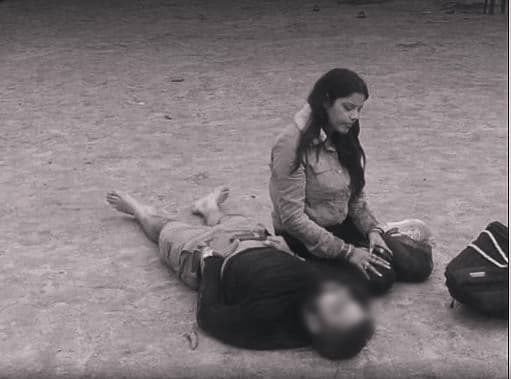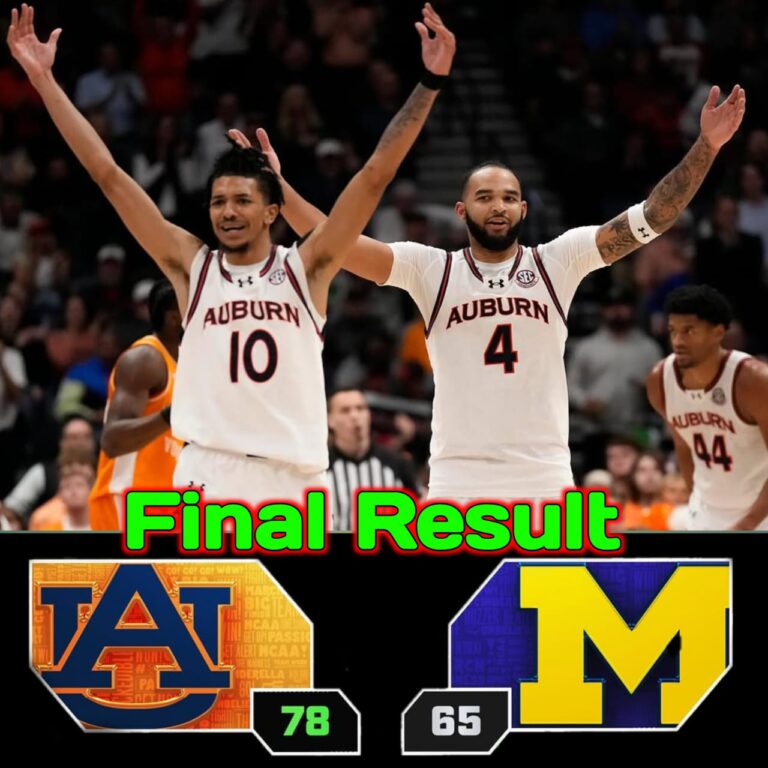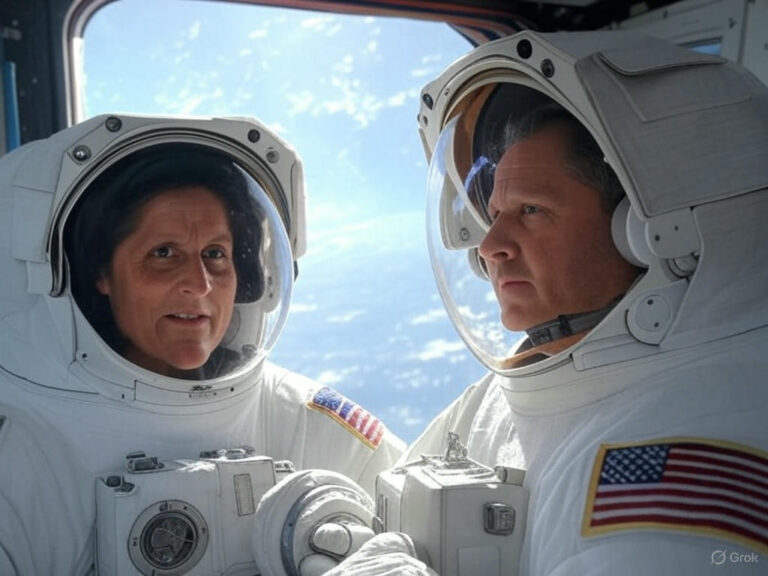Deadly Terror Attack in Pahalgam Claims 26 Lives

A horrific terror attack struck the serene Baisaran Valley in Pahalgam, Anantnag district, Jammu and Kashmir, on April 22, 2025, claiming the lives of 26 people, predominantly tourists. The attack, executed by 4-6 gunmen affiliated with The Resistance Front (TRF), a shadow group of the Pakistan-based Lashkar-e-Taiba, has been described as one of the deadliest in the region since the 2019 Pulwama attack. The incident has raised serious concerns about security and tourism in Jammu and Kashmir, prompting swift responses from Indian authorities and international condemnation.
Details of the Attack
The attack occurred at 14:50 on April 22, 2025, in the Baisaran Valley, often called “mini Switzerland” for its lush meadows and panoramic views, located approximately six kilometers from Pahalgam. The terrorists, dressed in military-style uniforms and armed with M4 carbines and AK-47 rifles, emerged from nearby forests and opened fire on a crowd of tourists enjoying pony rides, picnics, and photography in traditional Kashmiri attire. Reports indicate that the attackers specifically targeted non-Muslims, asking victims for their names, demanding recitation of the kalma (an Islamic verse), and, in some cases, stripping individuals to check for circumcisions (WION News).
Survivors recounted chilling details. A woman from Pune, Maharashtra, told India Today that the terrorists singled out Hindu tourists, firing indiscriminately. Another survivor reported to NDTV that her husband was shot in the head after being questioned about his identity. The attack was motivated by opposition to the revocation of Jammu and Kashmir’s special status and resistance to non-local settlement in the region, according to LiveMint.
Casualties
The attack resulted in 26 deaths, including:
- 25 Indian citizens: 24 tourists, one Indian Navy officer (Lieutenant Vinay Narwal, aged 26), and one Intelligence Bureau official (Manish Ranjan).
- One Nepali citizen: Sudip Neupane, aged 27.
Specific victims identified include Dilip Desale (64), Sushil Nathaniel, Yatish Parmar, Smit Parmar, JS Chandramouli, and Madhusudhan, among others. The victims hailed from various Indian states, including Karnataka, Kerala, Maharashtra, Odisha, Gujarat, Haryana, West Bengal, and Uttar Pradesh (Mathrubhumi). Over 20 people were injured, with 12 tourists currently admitted to Pahalgam hospital, all reported to be stable as of April 23, 2025 (Times of India).
Government and Security Response
The Indian government has responded with urgency and resolve. Prime Minister Narendra Modi cut short his official visit to Saudi Arabia, returning to Delhi on April 23 to chair a Cabinet Committee on Security meeting. He was briefed by National Security Advisor Ajit Doval and External Affairs Minister S Jaishankar (Hindustan Times). Finance Minister Nirmala Sitharaman also curtailed her visits to the US and Peru (Times of India). Union Home Minister Amit Shah visited Srinagar, meeting Chief Minister Omar Abdullah and interacting with victims’ families (NDTV). Defense Minister Rajnath Singh vowed a strong response to the perpetrators.
Security measures have been intensified across the region. On April 23, an encounter broke out in Kulgam’s Tangmarg, and a counter-infiltration operation in Baramulla eliminated two terrorists, recovering two AK rifles, a 9mm Chinese pistol, magazines, and a 10kg improvised explosive device (Times of India). The National Investigation Agency (NIA) has taken charge of the investigation, releasing sketches of three suspected Pakistani terrorists—Asif Fauji, Suleman Shah, and Abu Talha—and identifying the mastermind as Saifullah Kasuri, alias Khalid (NDTV). Security has been heightened along National Highway 44 and outside the Pakistan High Commission in Delhi. The Indian Army has granted limited clearance for HAL Dhruv helicopters to support counter-terrorism operations (Economic Times).
Local and Regional Impact
The attack has reverberated across Jammu and Kashmir and beyond. Himachal Pradesh has increased vigilance along its border with Jammu and Kashmir, while Andhra Pradesh established an emergency desk at AP Bhavan in Delhi to assist affected residents. Airlines, including SpiceJet and Air India, issued travel advisories for Srinagar, capping fares and offering rescheduling or refunds until April 30, 2025 (Times of India).
Locally, acts of bravery emerged amidst the chaos. The Ponywalla association rescued 11 injured tourists using ponies, a local trader guided four families from Chhattisgarh to safety, and a cab driver sheltered stranded visitors (The News Minute; New Indian Express; X post).
Public and Political Reactions
The attack has sparked widespread outrage and grief. Jammu and Kashmir Chief Minister Omar Abdullah called for an all-party meeting on April 24 to discuss the situation and express collective condemnation (India Today). Protests erupted across Kashmir, with a shutdown observed in Srinagar (The Hindu). The Communist Party of India (Marxist) demanded an investigation into security lapses, while celebrities such as Salman Khan and Shah Rukh Khan publicly condemned the attack. The Bharatiya Janata Party (BJP) criticized remarks by Congress leader Robert Vadra, escalating political tensions.
Former Chief Minister Mehbooba Mufti urged Home Minister Amit Shah to identify and punish the perpetrators, while West Bengal Chief Minister Mamata Banerjee confirmed three state residents among the deceased (Hindustan Times). Supriya Sule of the Nationalist Congress Party demanded subsidized travel fares to ensure the safe return of citizens from Kashmir.
International Reactions
The international community has united in condemning the attack. Leaders from Saudi Arabia, Bangladesh, Ukraine, New Zealand, Australia, France, the UK, Iran, Israel, Italy, Germany, Russia, Sri Lanka, the UAE, the US, and Nepal expressed solidarity with India (Hindustan Times). French President Emmanuel Macron and the French ambassador to India pledged support in the fight against terrorism. UK Prime Minister Keir Starmer, Iranian Foreign Ministry, Israeli Prime Minister Benjamin Netanyahu, and Italian Prime Minister Giorgia Meloni extended condolences (Wikipedia). US Senator JD Vance offered assistance, and Nepal’s Prime Minister KP Sharma Oli personally called Prime Minister Modi. Israel’s ambassador, Reuven Azar, assured cooperation in counter-terrorism efforts. Pakistan’s Defense Minister Khawaja Asif denied involvement, attributing the attack to “India’s homegrown terrorists” (Economic Times).
Investigation and Future Implications
The NIA is leading the investigation, with early findings linking the attack to Lashkar-e-Taiba. Sketches of three suspected Pakistani terrorists—Asif Fauji, Suleman Shah, and Abu Talha—have been released, and the mastermind, Saifullah Kasuri (alias Khalid), has been identified (India Today). The TRF has claimed responsibility, citing the attack as retaliation for regional policies. Security agencies are now realigning forces to ensure safety for the upcoming Amarnath Yatra, scheduled to begin on July 3, 2025.
The attack has heightened fears about the safety of tourists in Jammu and Kashmir, a region known for its natural beauty but plagued by intermittent violence. The targeting of civilians, particularly tourists, marks a significant escalation, prompting calls for enhanced security measures and a reevaluation of tourism policies in the region.
The Pahalgam terror attack of April 22, 2025, is a tragic reminder of the persistent security challenges in Jammu and Kashmir. The loss of 26 lives, including tourists from across India and abroad, has united the nation in grief and resolve. As investigations continue and security operations intensify, the incident underscores the need for comprehensive strategies to ensure safety and stability in the region. The bravery of local residents and the global outpouring of support highlight the resilience and solidarity in the face of such atrocities.





